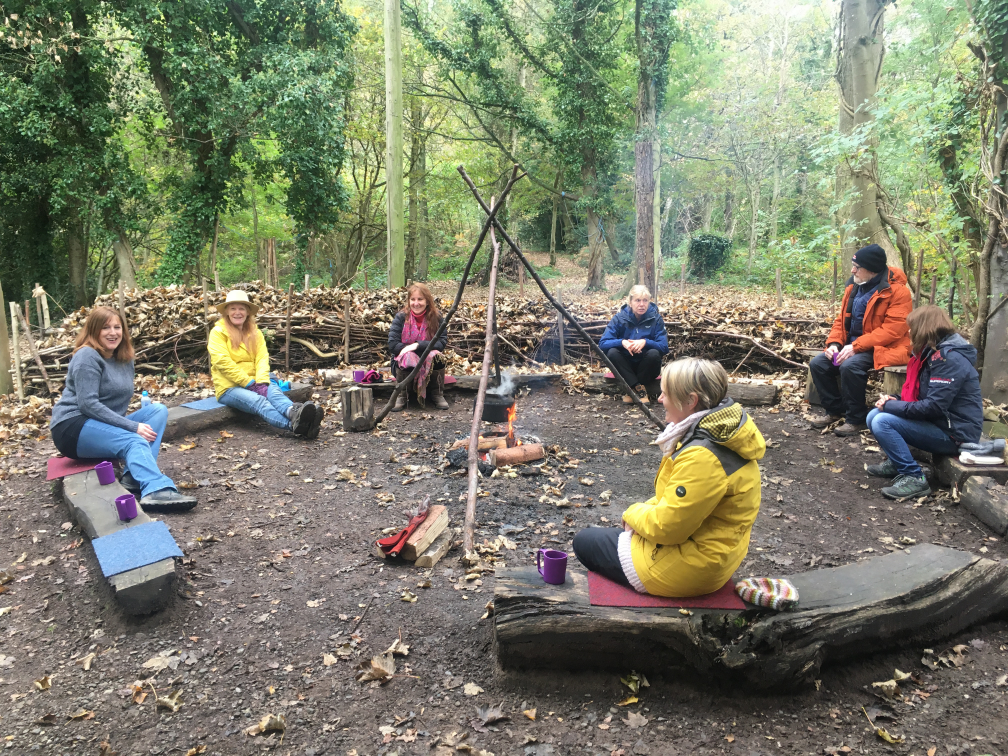About Mindfulness

What is mindfulness?
Until a few years ago, and before the COVID-19 pandemic, very few people had heard of Mindfulness.
Although Mindfulness has its roots in Buddhist meditation, a secular practice of Mindfulness had entered the west, mainly through the work of American Professor Jon Kabat-Zinn and his Mindfulness-Based Stress Reduction (MBSR) program, which he launched at the University of Massachusetts Medical School in 1979.
Since that time, thousands of studies have documented the physical and mental health benefits of Mindfulness in general.
Mindfulness means maintaining a moment-by-moment awareness of our thoughts, feelings, bodily sensations, and surrounding environment, through a gentle, nurturing kind of way.
Mindfulness also involves acceptance, meaning that we pay attention to our thoughts and feelings without judging them—without believing that there’s a “right” or “wrong” way to think or feel in any given moment. When we practice mindfulness, our thoughts tune into what we’re sensing in the present moment rather than ruminating in the past or imagining the future.
We all experience the ebb and flow of life in completely different ways. And depending on what happens and how our minds and bodies react, sometimes we deal with things well and are able to move on. Other times it is almost as if something gets stuck and we end up falling into spiralling ways of negative thinking and doing.
There is evidence that very simple techniques such as slow gentle movements and focusing on our breath works wonders for bringing the mind and body into some sort of balance at times of stress.
Engaging with regular Mindfulness can help lower anxiety levels, encourage positivity, lower blood pressure, improve motivation and focus, build resilience, improve sleep.
Although Mindfulness is simple, it is not easy and is not a ‘quick fix. It takes time and commitment. It is important to recognise that Mindfulness is a training of the mind, and like any exercise will take time to see the benefits.
Keeping a quiet mind can be rather challenging, and thoughts will often pop up. The idea is not to block them, but rather to let them come into your mind and then let them pass, just like the clouds in the blue sky. Just try to observe them.
The trick is to persevere, approach the process with self-compassion, kindness to ourselves, and patience allowing for reflection, change and flexibility.
Mindfulness is more than a practice; it is a way of life. How we live our life, moment by moment. It means to be fully present in this moment without ruminating in the past or worrying about the future. All we have is this moment.
Jon Kabat-Zinn defines Mindfulness – “Paying attention, on purpose, in the present moment, non-judgmentally, and as if your life depends on it”.

